Experience without theory is blind, but theory without experience is mere intellectual play
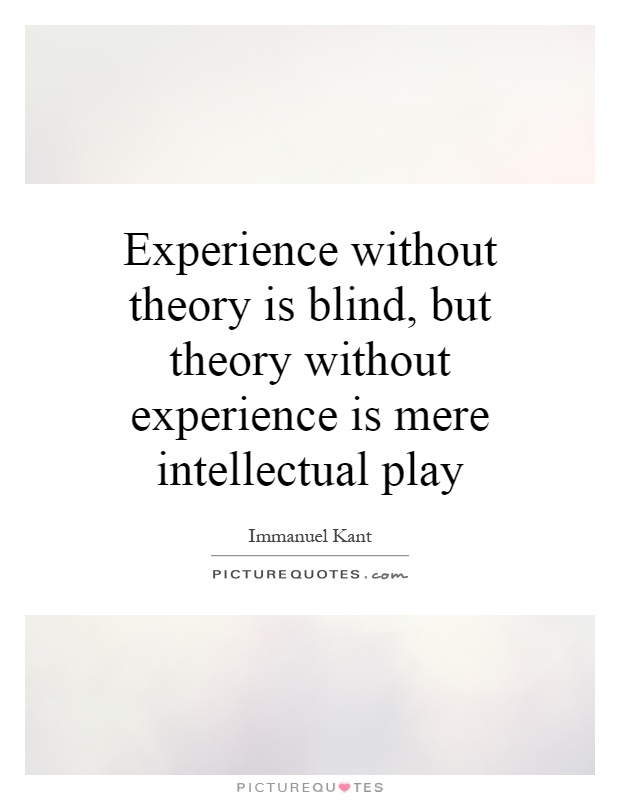
Experience without theory is blind, but theory without experience is mere intellectual play
Immanuel Kant, a renowned German philosopher, is often associated with the quote, "Experience without theory is blind, but theory without experience is mere intellectual play." This statement encapsulates Kant's belief in the importance of both empirical knowledge and theoretical understanding in the pursuit of truth and understanding.Kant's philosophy is characterized by his attempt to reconcile rationalism and empiricism, two opposing schools of thought in epistemology. Rationalists argue that knowledge is derived from reason and innate ideas, while empiricists believe that knowledge comes from sensory experience. Kant sought to bridge this divide by proposing that both reason and experience are necessary for true understanding.
According to Kant, experience without theory is blind because it lacks the conceptual framework needed to make sense of sensory data. Without theoretical understanding, our experiences would be disjointed and chaotic, lacking coherence and meaning. For example, if we were to observe a series of random events without any understanding of cause and effect, we would be unable to make sense of our observations or draw any meaningful conclusions.
On the other hand, theory without experience is mere intellectual play because it lacks grounding in reality. Theoretical knowledge that is not based on empirical evidence is purely speculative and disconnected from the world around us. Without the feedback of experience to test and refine our theories, they remain abstract and detached from the practical concerns of everyday life.
Kant's philosophy emphasizes the importance of both theory and experience in the pursuit of knowledge. By combining rational principles with empirical observation, we can arrive at a deeper understanding of the world around us. Theory provides us with the conceptual tools to interpret our experiences, while experience serves as the foundation for our theoretical knowledge.


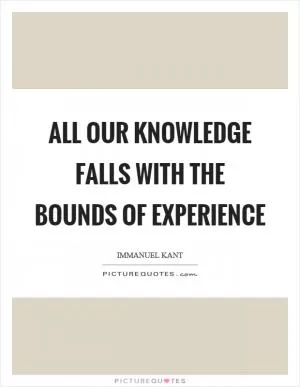



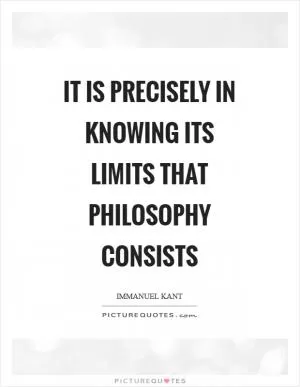
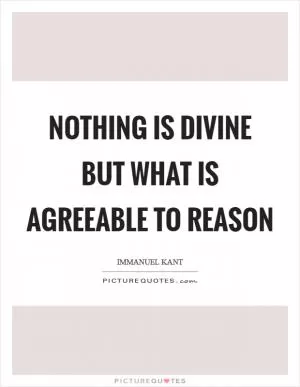
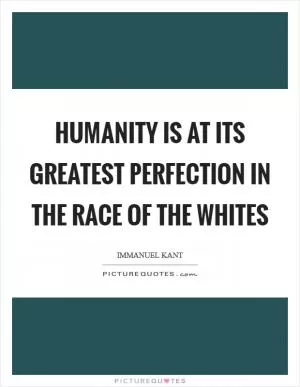
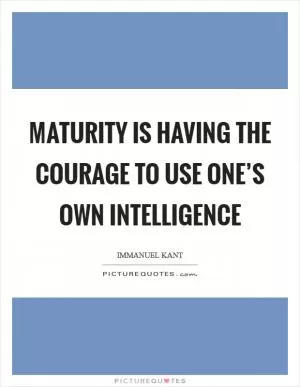
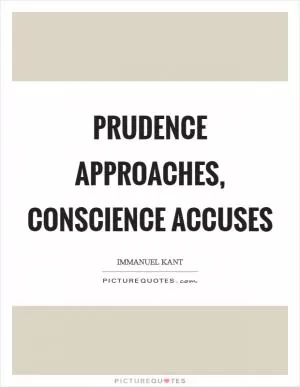

 Friendship Quotes
Friendship Quotes Love Quotes
Love Quotes Life Quotes
Life Quotes Funny Quotes
Funny Quotes Motivational Quotes
Motivational Quotes Inspirational Quotes
Inspirational Quotes